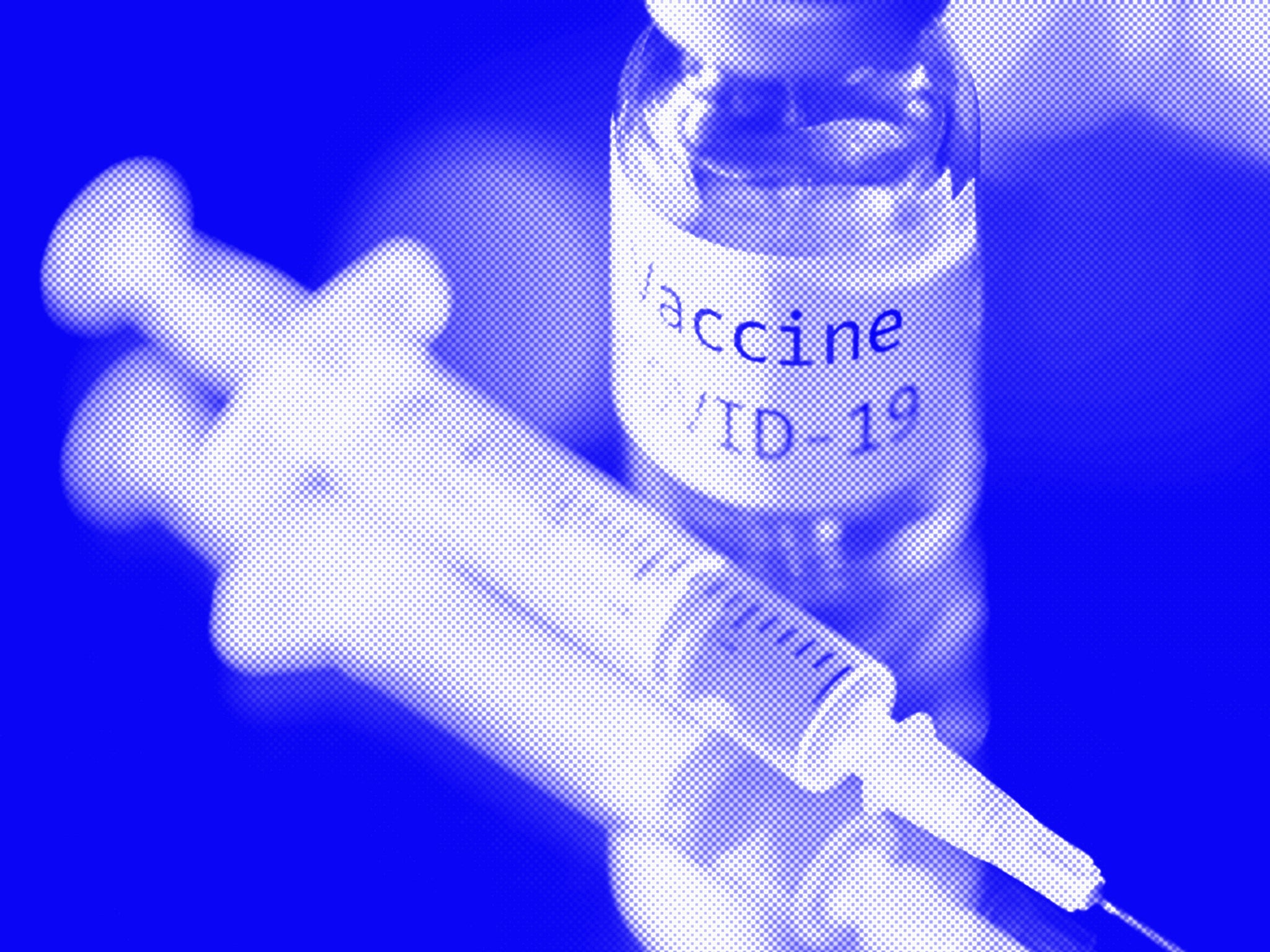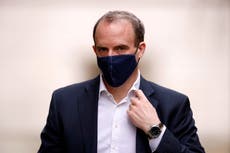‘Vaccine passports’ would rescue businesses, speed economic recovery and save jobs
Editorial: Making vaccination a condition of access to certain facilities would mean lockdowns could at last be lifted

It is now almost a year since we have been able, legally, to let our hair down in a nightclub. It may not be the most pernicious curtailing of natural liberties, but the dilemma of the discotheque highlights the immense economic benefits of a “vaccine passport” and the adoption of mass rapid testing in the leisure sector, something the nightclub industry has tentatively backed.
Within a few weeks, large parts of the leisure and travel sector, and thus normal life, could be restored through some fairly straightforward procedures. Entry to anywhere, from a football stadium to a plane or train, could be made conditional on proof of Covid-19 vaccination and/or an immediate, verifiable negative test.
Venues and transport carriers could be inspected and made legally liable to enforce the rules. Workers in such sites would have to be encouraged to be vaccinated. It could be done, and surprisingly quickly. It would rescue businesses, speed economic recovery and save jobs.
The pace of scientific breakthroughs in recent weeks has been so rapid that we have perhaps not quite caught up with the implications. It will necessarily take a few more weeks for the effects of the vaccination programme to become effective and to work their way through into the statistics of infection rates and mortality, but early indications are encouraging.
Of course, much of the population is yet to be vaccinated, and the younger demographic makes up the bulk of the customer base for the night-time economy, but the arrival of rapid and affordable testing could make going out for the evening a reality once again, both for those who have had Covid (and naturally developed antibodies), and those who have not.
Being asked to conduct a Covid test doesn’t seem any more unreasonable than being asked not to wear trainers. Other leisure sectors, such as the cruise trade, should experience a more immediate boost from the completion of the vaccine programme for the over-fifties.
Similar considerations apply to foreign travel. Moderately exotic holidays already require vaccinations for yellow fever, tetanus, hepatitis A and so on. Adding a Covid-19 vaccination is hardly an assault on human rights, as Boris Johnson has acknowledged. The British government could easily make vaccination and testing a condition of travel to and from the UK, and would be wise to do so, even if destination countries do not demand it.
Assuming that those leaving Britain will, sooner or later, be returning, the additional incentive to get a Covid vaccine as soon as possible should improve take-up. The “no-vaccine, no-travel” rule could be backed with testing at airports and ports, particularly with faster testing available.
None of this represents compulsion, for the obvious reason that no one has a human right to board a plane to anywhere. It is a matter of choice, and one which balances the freedom of choice for individuals with the potentially lethal threat they represent to their fellow travellers and the wider community. The freedom to spread Covid is not one the state needs to defend.
Ministers seem torn, however. Understandably, they dislike the idea of “vaccine passports” at home or abroad, with an unwelcome air of coercion attached to them. On the other hand, making vaccination a condition of access to certain facilities would mean lockdowns could at last be lifted, and the economy set free. And requiring proof of vaccination would be no more than an extension of everyday conditions of business. We cannot travel abroad or hire a car, say, without proof of identity and demonstrating the legal competence to drive.
Travel in the age of Covid will need to adapt just as it has had to react to the threat of terror. In truth, mass vaccination helps guarantee the ultimate human right of the community – the right to life. People have the right to live dangerously, but not to place others in danger.




Join our commenting forum
Join thought-provoking conversations, follow other Independent readers and see their replies
Comments